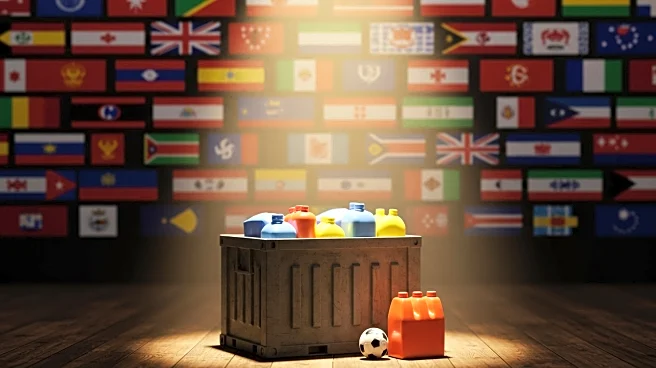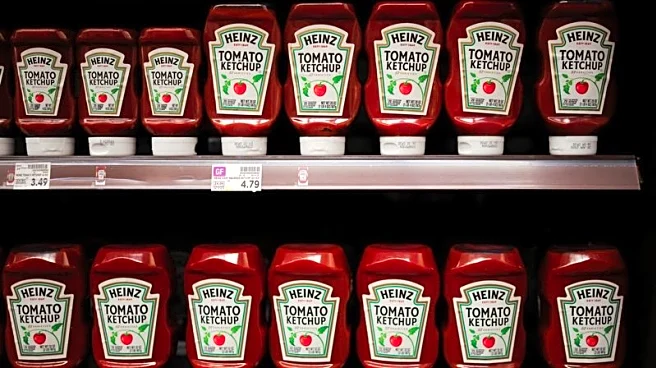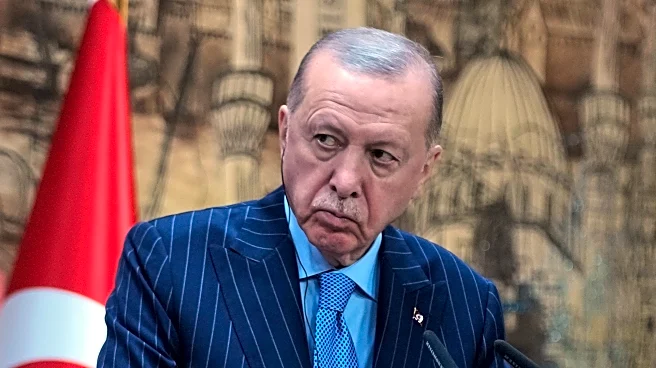What's Happening?
The Spanish Foreign Minister, José Manuel Álvarez, has refuted claims that Spain sent aid packages containing pork and moldy food to the Gaza Strip. These allegations surfaced after videos circulated showing Gazans opening aid packages allegedly containing spoiled food. Spain has been actively involved in delivering humanitarian aid to Gaza, air-dropping approximately 12 tons of supplies intended for around 11,000 people over the past two months. Álvarez emphasized the urgency of addressing the hunger crisis in Gaza, describing the delay in aid entry as a serious violation of international law. He called on the international community to exert pressure to ensure the continuous and safe transfer of food and medicine to the region.
Why It's Important?
The denial of these claims is significant as it highlights the challenges faced by international aid efforts in conflict zones. Ensuring the integrity and safety of aid is crucial for maintaining trust and effectiveness in humanitarian operations. The situation in Gaza underscores the broader geopolitical tensions and humanitarian concerns in the region, with international actors like Spain playing a pivotal role in providing relief. The controversy also brings attention to the need for transparent and efficient aid distribution mechanisms to prevent misinformation and ensure that aid reaches those in need.
What's Next?
Spain and other international organizations may need to review and enhance their aid distribution processes to prevent similar allegations in the future. Increased scrutiny and monitoring of aid packages could be implemented to ensure quality and compliance with dietary restrictions. The international community might also intensify diplomatic efforts to facilitate smoother aid entry into Gaza, addressing logistical and political barriers.












